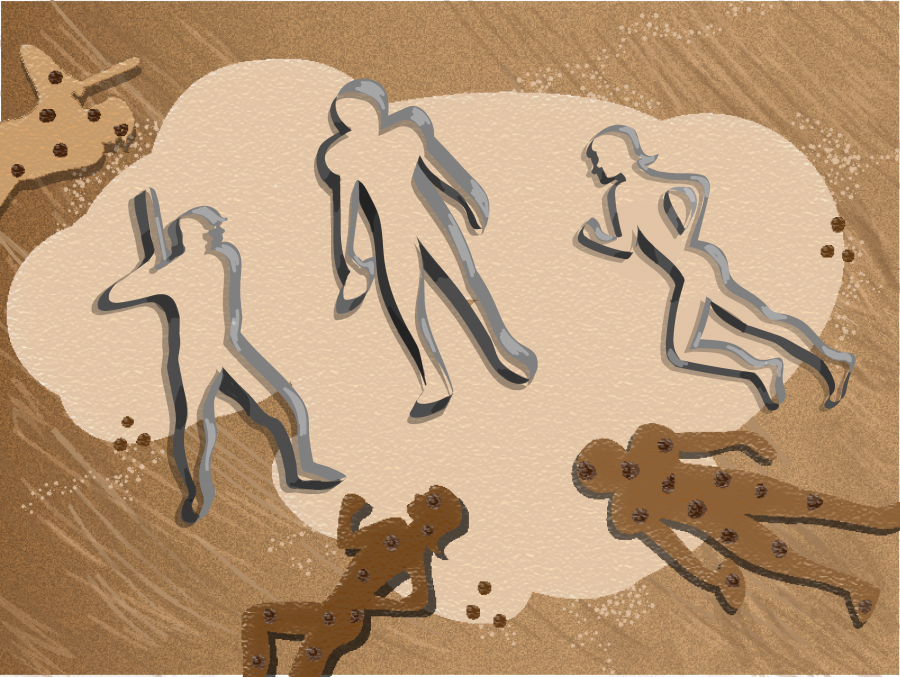Student-athletes are often stereotyped because of the lack of coverage on their campus involvement, extracurricular activities and career preparation. UT’s academic and athletic community must do a better job recognizing and highlighting the student aspect of our student-athletes’ collegiate experiences.
We need to abandon the divide between normal students and student-athletes in order to improve equality on both sides. For the purpose of this argument, I will refrain from using the term ‘student-athlete’ and instead refer to our athletes simply as scholars.
Scholars at UT deal with stereotypes on a regular basis. Just to emphasize a few, some believe scholars take undemanding courses, have more access to academic resources and reap benefits without putting in substantial effort.
“A lot of people see it as athlete first and student second, and their view is, ‘You only came here to play sports’,” said Audrey Warren, a freshman UT women’s basketball player majoring in youth and community studies. “I definitely think we do (get stereotyped) a lot because we get so much stuff — the same backpacks, shoes, travel suits — and then (at that point) they know (that we’re) an athlete.”
This preconceived stereotype that scholars come into a university and value their sports more than what they’re studying is degrading and can potentially harm their academic performance.
However, what non-athletes must realize is that a lot of hard work goes on behind the scenes.
“I’ve heard ‘(athletes get stuff that non-athletes don’t)’ before, but at the same time, we have the same tough schedule as regular students — if not tougher, because we’re traveling, having to make work up and making schedules around our games,” said undeclared freshman Shae Routt, a UT women’s basketball player.
Ishan Rison, a UT football player, junior pre-med student and aspiring surgeon, said playing a sport in college is the equivalent to “living a second life.”
“(Playing a sport) is probably about an eight-hour credit class that you’re adding to your schedule on top of what you’re doing academically,” Rison said. “(College athletes) basically sign their life away as soon as (they) get on a team.”
Websites that cover college athletics, such as Texassports.com, will focus predominantly on athlete statistics with little to no emphasis on these scholars’ majors and career preparations. They’re projecting that each scholar will go pro once they depart from college. According to the NCAA, fewer than 2 percent of Division I athletes actually end up going pro.
Without question, websites, publications and universities across the nation are doing these scholars a disservice with their use of the term “student-athlete.” We can no longer solely pay attention to athletics while undervaluing the student side of scholars.
Texas Sports and others must use more effective language when referring to scholars and include more information on what they’re doing in preparation for their professions. We must direct less focus to the athletic prowess of scholars and more to what is going on outside the numbers.
“Half Doctor – Half Football Player,” reads Rison’s Twitter bio.
It’s time for the UT community to view scholars in a more holistic manner in order to improve equality among students and scholars.
West Jr. is a journalism sophomore from New Orleans, Louisiana.


















